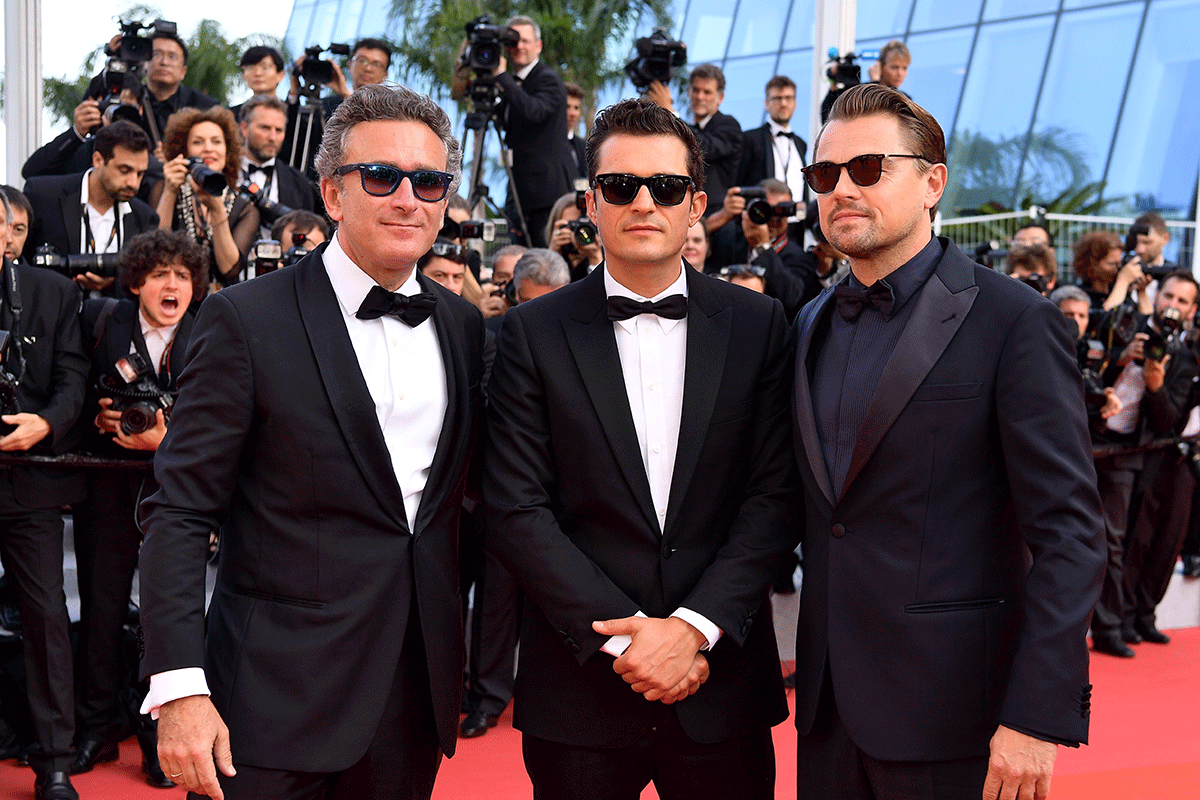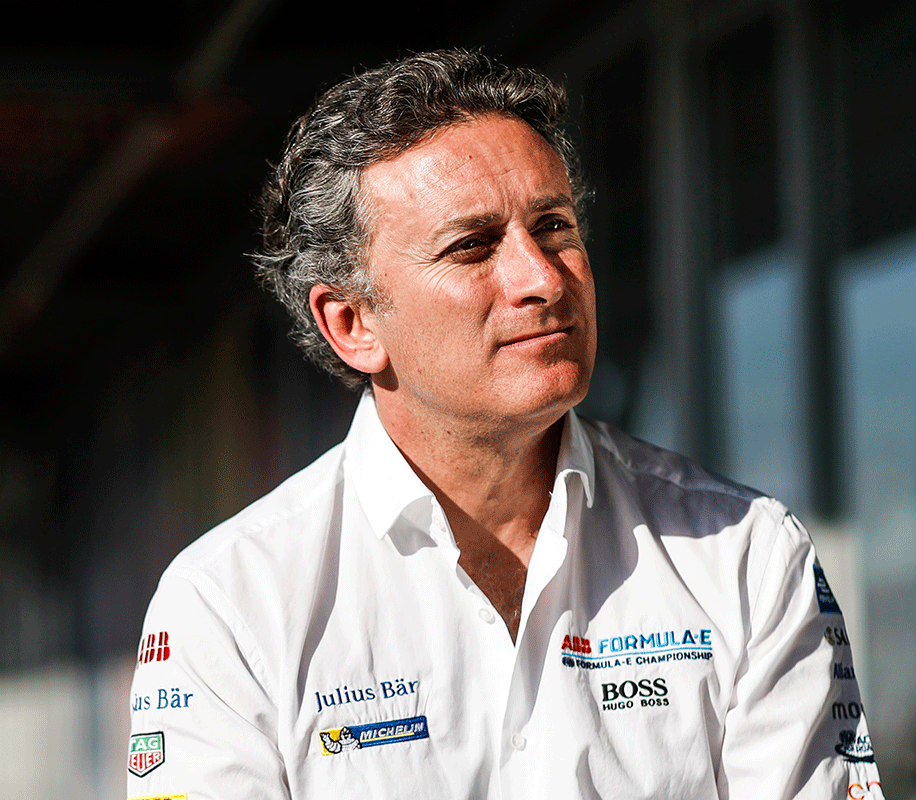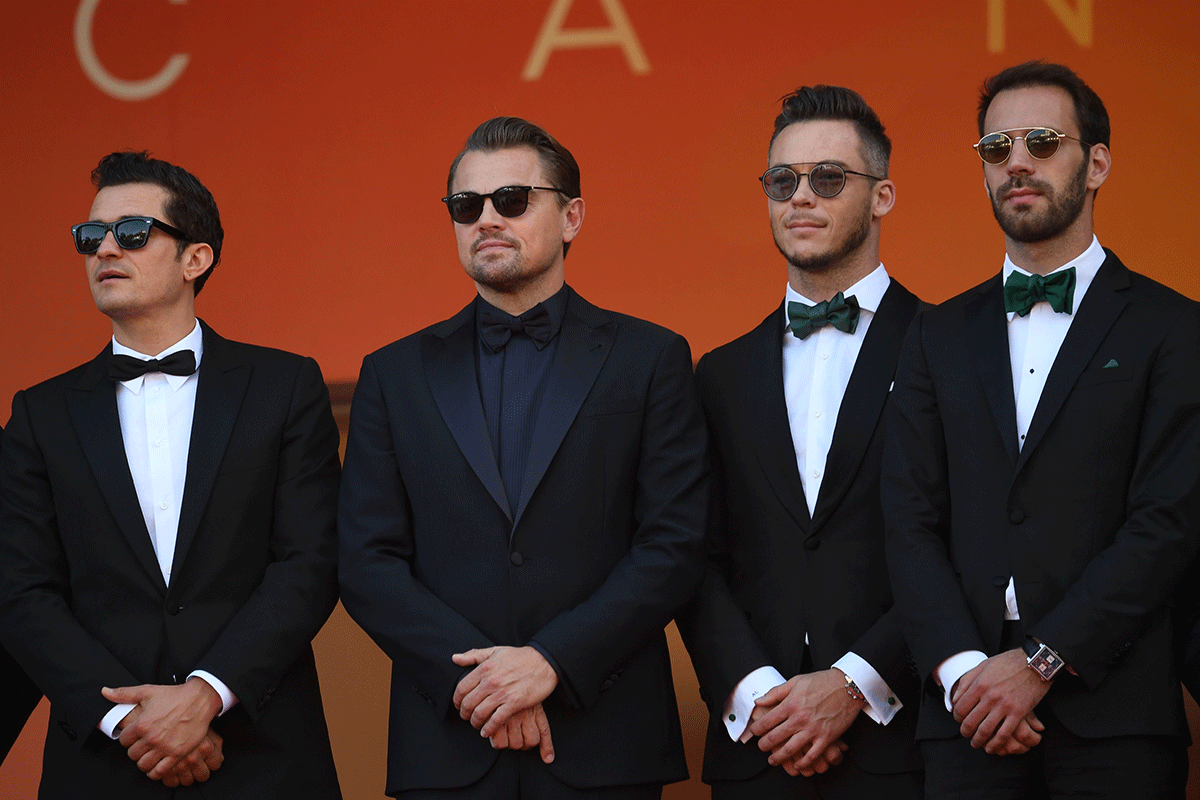This website uses cookies so that we can provide you with the best user experience possible. Cookie information is stored in your browser and performs functions such as recognising you when you return to our website and helping our team to understand which sections of the website you find most interesting and useful.
Formula E founder Alejandro Agag: “Covid-19 is a test run for when we need to act on climate change. That time is now.”
By Alejandro Agag | 4 June 2020 | Cars & Yachts
Alejandro Agag writes for Tempus on the premiere of his Leonardo DiCaprio-produced Formula E documentary

Download your free copy of Tempus today
June sees the television premiere of And We Go Green – a documentary film chronicling the rise of Formula E and its positive impact in combating global warming and air pollution. Directed by Academy Award-winner Fisher Stevens and produced by Leonardo DiCaprio, the film provides a behind-the-scenes view of the ABB FIA Formula E Championship and profiles how we use the attraction and competition of electric street racing as a testbed for the clean-air technology of the future.
The phrase “and we go green” is our commentator’s opening line at every Formula E race, but its sustainable symbolism is clear for all to see, and the film couldn’t be released at a more poignant time. The global health emergency prompted by the Covid-19 outbreak has been a very unsettling situation for all of us. In countries that I am very close to – such as Spain, Italy and the United Kingdom – this pandemic has assumed dramatic proportions.Our community’s health, economy and way of life is under threat, with tragic consequences that governments, businesses and individual citizens are facing with courage. Our support has rightly gone to those health workers on the frontline.
As part of public health measures, sport, as well as all forms of public entertainment, were among the first activities to be completely shut down. The postponement of the Tokyo Olympics to 2021 – a deferment of a year, an action that has never been taken during peacetime – is the most striking decision of the global sports community.
A total government lockdown, like those observed in countries around the world, is certainly a last-resort measure intended to deal with a very short-term danger such as a pandemic. However, we have a duty to look beyond this crisis and try to understand how and when such scenarios could reoccur in the medium and long term. As I posted on Instagram recently, I strongly believe Covid-19 has acted as a test run for when we need to act to combat climate change. That time is now. >>
Related: Tempus salutes the luxury British brands helping our frontline workers during the Covid-19 pandemic

Why is the climate relevant to this crisis? There are two connected facts to look at. First, the greatest risk of our time for human health is air pollution, which also makes us less resistant to the symptoms of respiratory infections such as those caused by Covid-19. In many parts of the world air pollution warnings are already affecting daily life and stopping people from leaving their homes.
Secondly, scientists warn that an uncontrolled increase in greenhouse gas emissions will lead to more extreme weather episodes. If we fail to act on their warning, acts of natural disaster could make public lockdowns a more frequent occurrence for us all, leading to an end to normal life as we know it, including sport.
As the resilient human response to the Covid-19 crisis has shown, it is not too late for us to all make a difference. The dramatic reduction in pollution over China – as well as across our European cities – from the suspension of travel and temporary closure of factories, shows that it is not too late for us to collectively change our course.
Just as talented engineers and scientists are finding innovative solutions to help the fight against Covid-19, technology will also play a major role in creating a cleaner future, faster. These technological developments will also be essential to make the fight against climate change compatible with sustainable and balanced economic growth.
Governments and businesses are responding to environmental issues by introducing specific measures and seeking technological solutions to reduce the environmental impact, thanks to an attentive public that is becoming actively involved in raising awareness about this universal issue.
Reducing global emissions through electric mobility is an example of what technological research can do for the environment, and it is on this premise that Formula E was conceived in 2011; showing how electricity is a sustainable alternative to combustion engines. >>

In the time since, together with our partners, we have carried out constant research into important technological advances, such as developing more efficient 52kW/h batteries, introduced last season and profiled throughout And We Go Green.
It is with the same vision on environmental issues that I am proud to have also launched the Extreme E racing series, Formula E's off-road counterpart. Starting in 2021 this will represent a new concept in off-road rallying, with 100% electric SUVs run in remote places on the planet that are also most at risk from a climate viewpoint.
Races will be held in areas already damaged by climate change such as glaciers in Greenland and rainforests in the Amazon. This will offer sustainable mobility as one of the possible solutions, and utilise our resources to implement positive legacy initiatives dependent on local needs.
The challenges we are all experiencing right now may well be replicated in the coming years as a result of climate change. Not just in the remote places where we are taking Extreme E, but the towns and cities where we live, work and play every day. While Covid-19 is fresh in our minds, we should make every possible effort to ensure that this does not happen again. With red lights flickering, it’s time for us to all go green. Let’s not take our foot off the pedal.







